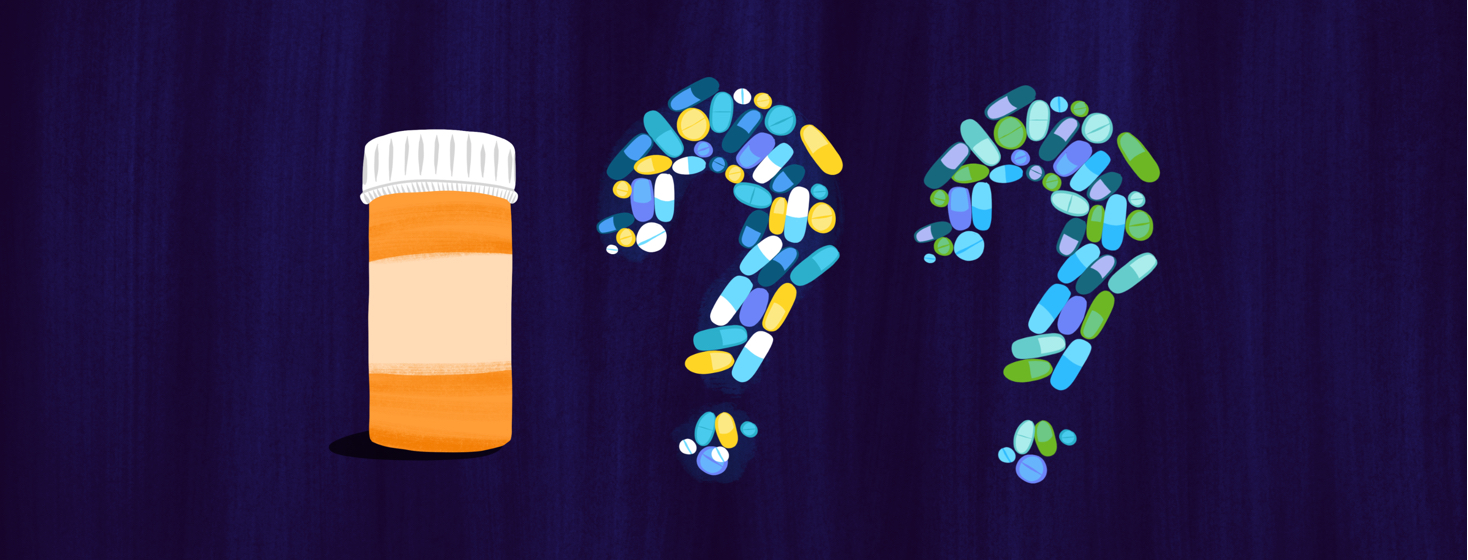Antibiotics: When to Complete and When to Stop?
In a previous article, I mentioned how I had made one of the biggest mistakes of my healing journey when trying to get through a staph infection -- I stopped taking antibiotics midway.
This thoughtless action resulted in the spreading of the staph infection and delay in healing. As a result, I decided to do further research on why this may have occurred.
The history of antibiotics
According to research, the full course of antibiotics is typically 7 to 14 days. This specific period of time or completion of medicine has been dated back to the 1940s when antibiotics first became available. Although there is little science showing the effectiveness of the 7 to 14 days theory, it has become embedded in medical practice for centuries now.
As with most things, there are risks involved when you take too little or too much of something. So when do we know what's too much or too little when it comes to taking antibiotics?
Completing a course of antibiotics
As mentioned above, the theory and notion that one must finish their entire treatment of antibiotics, even when they're feeling better, has been a historical "rule" in the medical industry. Patients have always been instructed to finish their course of antibiotics in order to stop the infection from reoccurring and to risk the bacteria from becoming resistant to the antibiotics.
Stopping a course of antibiotics
However, recently, researchers have been challenging this notion. One article quoted Lauri Hicks, D.O., a medical epidemiologist at the Center for Disease Control and Prevention - “If we don’t complete the course of therapy, there is concern that the bacteria that are left over may be more likely to develop resistance to the antibiotic,” Hicks says. “That turns out to be much less of a problem than was originally believed.”1
Many scientists have also mentioned that "finishing the course" could actually be increasing the risk of antibiotic resistance. they believe that antibiotics not only affects the bacteria of where the infection is occurring, but it also affects the other trillions of bacteria that live in and on our bodies. So when we overuse antibiotics, we increase the likelihood of some of these “good” bacteria becoming immune or resistant to the drug. This can result in the development of “superbugs,” which are infections that are extremely challenging to treat.1
My staph infection
So when I look back at what had occurred when I stopped taking the antibiotics, I realized that I wasn't fully healed yet from the staph infection. I was simply just "feeling" and looking better, leaving a gray area for where the infection could have still been lingering in my body.
After doing research, a better approach would have been to take the full course of antibiotics or at least until I was 100% cleared of the staph. In addition, I should have consulted with my doctor before making any drastic changes. Let's just say, the lesson has been learned!
Key takeaways
- There is not enough research to conclude what minimum treatment period is needed for antibiotics to be most effective.
- Prescribing a fixed number of days for the course of antibiotics can potentially overlook an individual patient's characteristics and needs.
- When antibiotics are suggested, ask your doctor why and if there are other ways to treat the symptoms. This will support in ensuring you risk little to nothing in creating more harm to your body.
- It is always safe to consult with your doctor or medical professional if you think it's time to stop the course of antibiotics.

Join the conversation